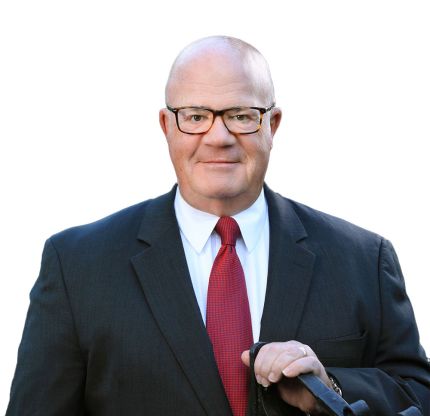

Funeral Service and Post Traumatic Stress
 After the Newton Massacre I brought up the issue of Post Traumatic Stress Disorder in a blog entitled:
After the Newton Massacre I brought up the issue of Post Traumatic Stress Disorder in a blog entitled:
PTSD: The Slow Leak in Funeral Service’ Tire
I got so many responses I republished it as:
The Unspoken Affliction:PTSD and the Funeral Director
Since then I have received a number of comments and participated in several discussions on the topic. Today I received a post on the blog from a funeral director in the United Kingdom. It is so well spoken that in hopes it might help someone to know they are not alone I got permission to make it a blog of its own.
I would like to chime in here with my experiences, as your article has opened my eyes to what I have been going through in recent years.
I worked in two stints (one of four years and one of two) for a funeral director here in the UK. I have in the past described the ‘switching on and off’ of emotional awareness during removals to people in exactly the same way as your original poster and I too have had (for want of a better phrase) ‘flash backs’. The dream state situation described mirrors that of my own, also reported to me by my wife, whereby I was apparently regurgitating a traumatic scene my partner and I attended one evening a few years back.
Reading the original post has opened my eyes somewhat as I too felt that PTSD was something that could only affect first responders, military personnel and the like and my father, who was a firefighter for his entire working career never showed any signs of it, despite attending many extreme death incidents. I guess in a simple way this made me feel almost ‘disentitled’ to such a state.
What has genuinely surprised me the most though, is reading some of the subsequent posts regarding removal ‘variety’, trauma, and the poster being only 25; I was a mere 22 when I started, received no official training of any kind (I vaguely recall being shown for about 5 minuted how to walk in step when bearing a coffin!), no counselling or formal appraisal as to how I was coping, and attended a huge variety of incidents from the word go – on my first morning for example, shortly after breakfast I was shown an extensive post-mortem involving a lady who was cut from the mastoid process to the groin area. This threw me into a sort of ‘cold’ state where for several days I went into my shell. Despite wanting to quit, I pushed through and very quickly, almost (once again) like the flick of a switch, I became sort of numb to it. Only recently have I started to realise how unhealthy this may be.
I would also like to point out (again after reading one or two of the subsequent posts), that I wholeheartedly believe everything the original poster has said. Here in the UK, at least where I worked and across the entire patch, the funeral director does everything when it comes to removals. No coroner is present and the first doctor or medical personal have usually finished and left by the time we arrived. If someone was smashed beyond recognition by a truck, we put gloves on and picked up the bits. If someone was hanging, we cut them down with the only real help being (if we were lucky) prior experience from an older, more experienced duty partner.
On occasions, where the death was thought to be murder, we would attend alongside Scenes of Crime Officers, but we would usually still be the ones bagging and removing the body, usually under police escort.
The only warning we got prior to attending a harrowing scene was (if the control telephonist had knowledge of the gory nature) a quick “just to warn you it might be a messy one” type of prompt. One could almost say there was a macho element to coping wit things like this, as if we were all supposed to take it in our stride and feel nothing. Car crashes (RTIs / RTAs) and hangings seemed to me to be the most common incidents outside of the more ‘regular’ deaths, but I can of course speak only from experience.
I’d like to finish by saying that whilst there is obviously varied levels of training, support and regulation on offer, mine being minimal to say the least, a universal recognition of the very strong likelihood of PTSD being prevalent in the funeral trade needs to develop. I’d like to see this happen to protect the mental wellbeing of the people attending these scenes and dealing with the bereaved. I would also like to point out, that I have no grievance, issue or anger whatsoever toward the company I worked for.
Thanks for letting me share my story, it is the first time I have done so.
Once again I urge the national trade associations to embrace this issue as part of their agenda to support the practitioner.
Our Blogging Expert

Business Consultant / Owner
Popular Articles
